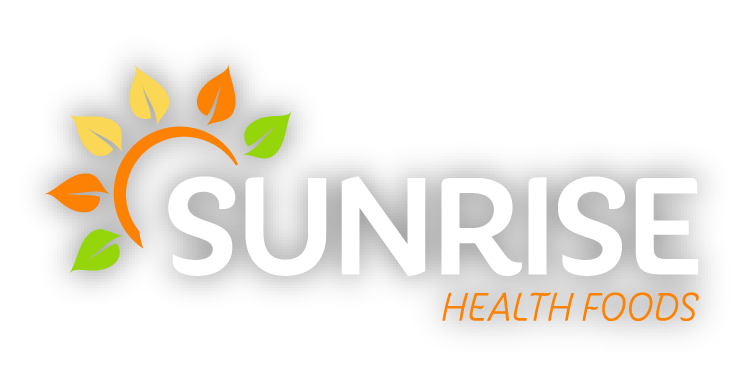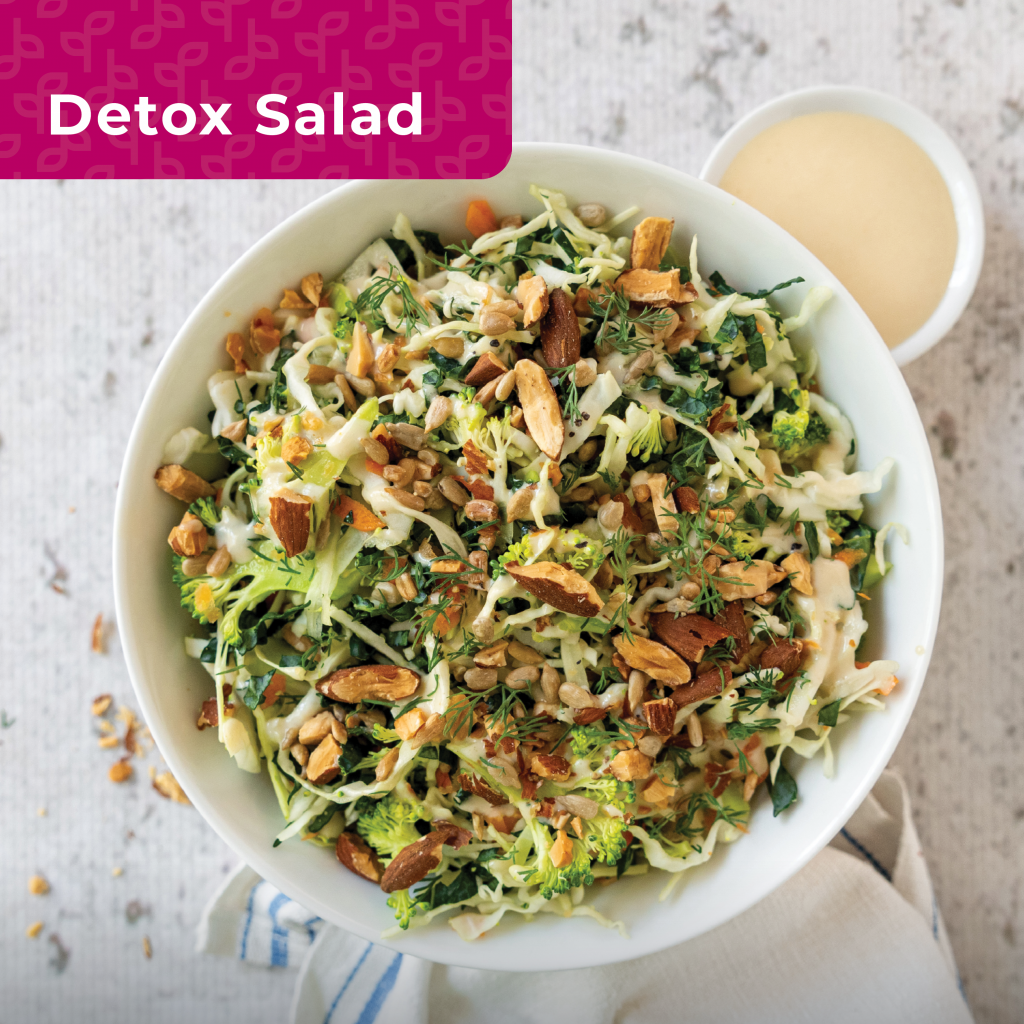
Researchers wanted to test the effects of a specially-targeted nutritional supplement that included, among other nutrients, taurine, omega-3 fatty acids, zinc, antioxidants, and lutein, the first letters of which spell “TOZAL,” the name of the study. “Nutritional supplements have become the first line of defense for clinicians in battling… AMD,” doctors noted, adding, “Vitamin and mineral formulations are a valid therapeutic tool and are many orders of magnitude less toxic than aspirin and acetaminophen.”
Researchers recruited, at five independent U.S. study sites, a total of 37 men and women, average age 76.3, with “dry” AMD, the most common form of the disease, who took 10,000 IU of vitamin A, 18,640 IU of beta carotene, 452 mg of vitamin C, 200 IU of vitamin E, 69.6 mg of zinc oxide, 1.6 mg of copper, 400 mg of taurine, 180 mg of eicosapentaenoic acid (EPA), 120 mg of docosahexaenoic acid (DHA), 8 mg of free (non-esterfied) lutein, and 400 mcg of zeaxanthin, per day for six months, in divided doses at mealtimes.
At the end of six months, 76.7% of participants had the same or clearer vision compared to the start of the study. In AMD, because vision declines progressively, doctors wanted to compare results against a placebo group. However, an independent ethics review board overseeing the design of the study said that because there is strong evidence that nutritional supplements improve AMD, the minimum clinical “standard of care” must include supplements similar to those in the large U.S. Age-Related Eye Disease Study (AREDS).
To solve the problem, researchers used findings from an earlier placebo-controlled AMD study, where all participants—including the placebo group—had taken 400 mg of vitamin C, 200 IU of vitamin E, 40 mg of zinc, and 3,000 IU of beta carotene. Doctors matched the age, sex, and other factors for 37 participants from the placebo group with the 37 TOZAL participants, and found that on average over six months, the placebo group continued to lose eyesight while the TOZAL group continued to gain clearer vision.
Reference: BioMed Central Ophthalmology: 2007, Vol. 7, No. 3, 1471-2415.
All articles shared on our site are for the purpose of nutritional information only and should not be considered a substitute for professional medical advice.


